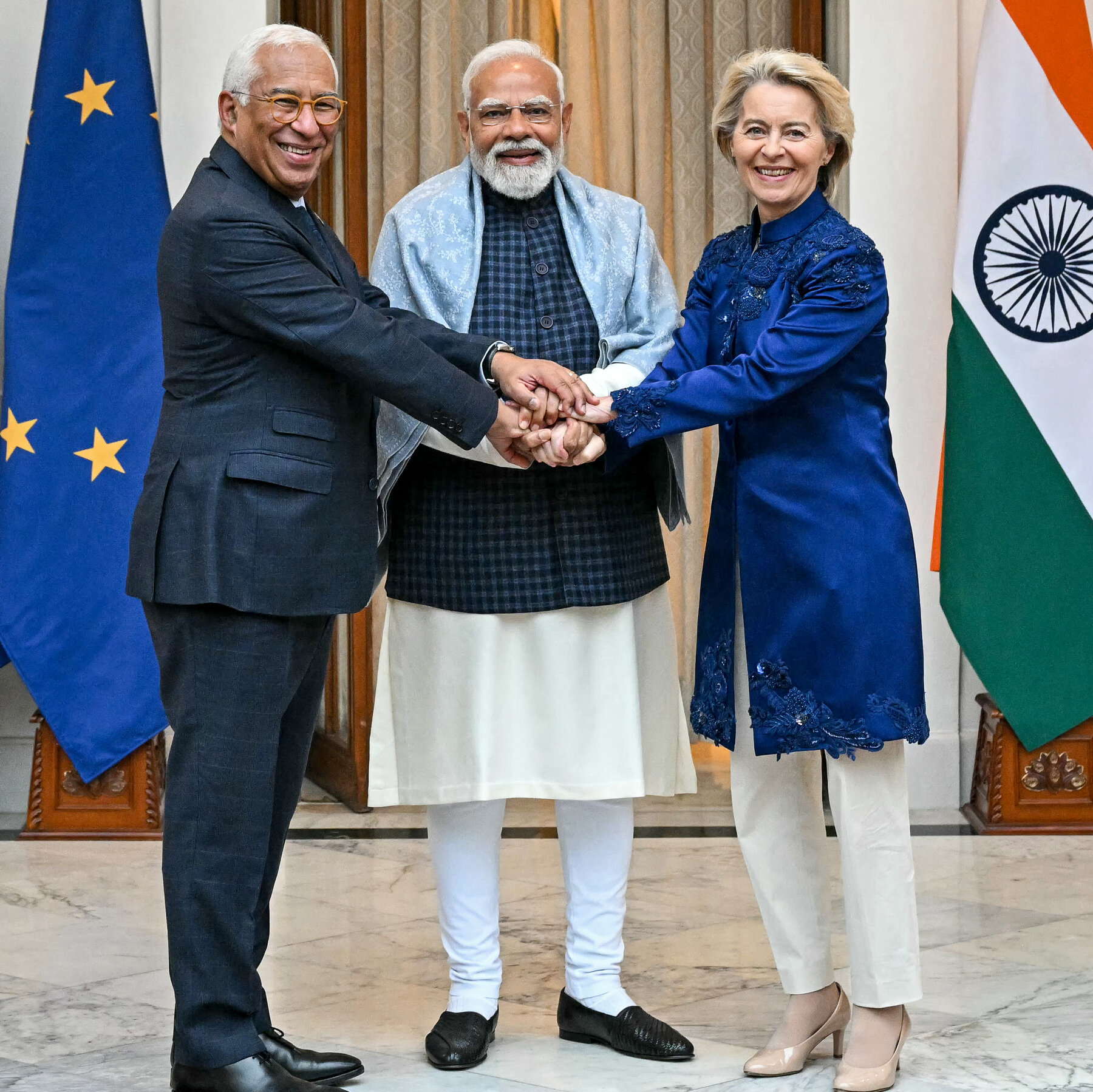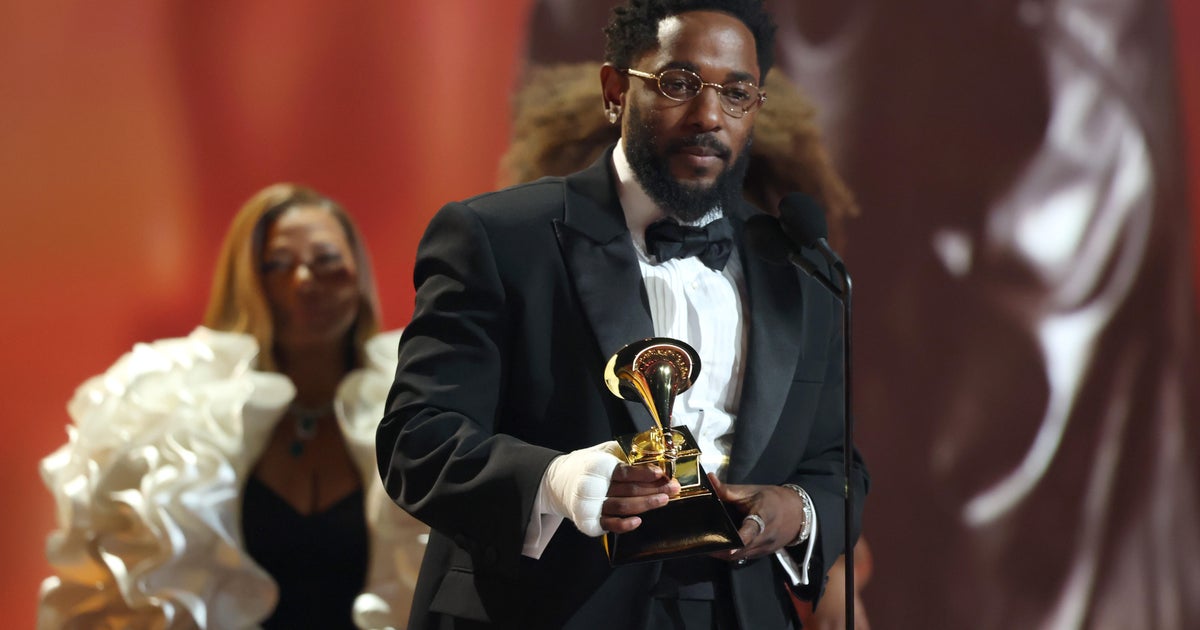
Since March, the son of the former Brazilian president Jair Bolsonaro has been roaming the halls of the White House.
Eduardo Bolsonaro, 41, is a sitting Brazilian congressman, but his latest job has been to convince U.S. officials that a dangerous Brazilian Supreme Court justice wants to throw him and his father into prison, simply for fighting against what they claim was a stolen election.
And in multiple visits to Washington over the past several months, he has found a sympathetic audience.
“This is nothing more, or less, than an attack on a Political Opponent — Something I know much about!” President Trump posted online Monday. “It happened to me, times 10.”
Eduardo Bolsonaro said he had been pushing senior White House officials to place sanctions on the Brazilian judge overseeing his father’s prosecution.
Then, on Wednesday, Mr. Trump opted for something far more damaging: a 50 percent tariff on all Brazilian imports starting Aug. 1, retaliation for what he called a “witch hunt” against Jair Bolsonaro.
The shift from imposing sanctions on a single judge to threatening an entire nation of 200 million with harsh tariffs was Mr. Trump’s decision alone, according to two people familiar with the meeting at which the president discussed his decision and who spoke on the condition of anonymity to discuss a private conversation.
The move showed Mr. Trump’s new willingness to use tariffs to settle political scores, regardless of questions of legality, because of their sheer power to cause economic destruction and impose intense political pressure.
“I love it,” Steve Bannon said in an interview on Thursday. Mr. Bannon had long called on Mr. Trump to take action against the Brazilian Supreme Court justice, Alexandre de Moraes, but he said that even he hadn’t thought of tariffs.
Now, he said, Brazil’s road out of the sudden crisis is simple: “If you drop the trial and drop the charges, the tariffs go away.”
Doesn’t that sound like extortion? “It’s MAGA, baby,” Mr. Bannon replied. “It’s a brave new world.”
Eduardo Bolsonaro, a right-wing Brazilian pundit named Paulo Figueiredo and lawyers for Rumble, a video site popular with conservatives that has been banned in Brazil, have been lobbying senior administration officials and members of Congress for months. Congress has held hearings, and White House officials have been briefing Mr. Trump, Mr. Bannon said. Mr. Trump has not needed much convincing.
“Trump decided to come out swinging with full force. That really says a lot about Trump, doesn’t it?” said Eduardo Bolsonaro, who has been living in Texas since February while under investigation in Brazil for interfering in his father’s case. “It’s that same witch hunt he also suffered in the United States, and that generates a lot of empathy.”
Eduardo Bolsonaro has spent years building inroads to Mr. Trump’s world, learning English and showing up in Washington ahead of the Jan. 6, 2021, Capitol riot and at Mar-a-Lago on election night in 2024. He said he has dined with Mr. Trump at Mar-a-Lago.

Mr. Trump’s decision has now created the biggest diplomatic crisis between the Western Hemisphere’s two most populous nations in more than a decade, as well as a major challenge for President Luiz Inácio Lula da Silva of Brazil just as he begins to position himself as a candidate in next year’s elections.
Mr. Lula has responded swiftly and forcefully, saying that Brazil would not drop the charges against his predecessor and would place its own new tariffs against American imports. “Brazil is a sovereign nation with independent institutions and will not accept any form of tutelage,” he said in a statement on Wednesday.
The feud between Mr. Trump and Mr. Lula began on Sunday. Irritated by the Brazilian president’s comments about unfair trade during a gathering with fellow leaders from the BRICS alliance of emerging economies, Mr. Trump issued a warning: any country aligned with the group’s “anti-American” policies would face an additional 10 percent tariff.
The next day, Mr. Trump singled out Brazil. “Brazil is doing a terrible thing on their treatment of former President Jair Bolsonaro,” he said in a post. “He is not guilty of anything, except having fought for THE PEOPLE.”
Mr. Lula, the man who defeated Mr. Bolsonaro in the polls, struck back. “He needs to know that the world has changed,” he told reporters. “We don’t want an emperor.”
Two days later, Mr. Trump announced the 50 percent tariffs, citing the prosecution of Mr. Bolsonaro and orders by Justice Moraes to tech companies to remove accounts that he said threatened Brazil’s democracy. Mr. Trump also incorrectly cited a trade deficit. The United States, in fact, ran a $7.4 billion trade surplus with Brazil last year.
Mr. Lula, whose approval ratings have been waning, now finds himself in a bind.
On one hand, a tariff war with Brazil’s second-biggest trading partner could deliver painful economic shocks ahead of the election. On the other, caving to Mr. Trump on a criminal case that many in Brazil view as critical to preserving the nation’s democracy would be antithetical to Mr. Lula’s politics.
He has for years criticized the history of U.S. interference in Latin America, including support for the military dictatorship that ruled Brazil from 1964 to 1985.
Mr. Trump’s tariffs are the “interference of one country in the sovereignty of another,” Mr. Lula said in an interview on national television Thursday night. “And, more seriously, the interference of a president of one country in the judiciary of my country.”
He said that he planned to call on the World Trade Organization, which was created to coordinate global tariffs and trade rules, to weigh in on the levies — but that he had no plans to call Mr. Trump. “Right now, I have nothing to discuss with the president,” he said.

The Brazilian government is studying the possibility of applying tariffs to specific American industries, but it is cautious about imposing broad-based reciprocal tariffs, since those are likely to hurt Brazilian companies that rely on imported U.S. materials, according to a senior Brazilian official who spoke on the condition of anonymity to discuss closed meetings.
If Mr. Lula cannot stave off the tariffs, Brazil’s economy stands to suffer. The United States is the top buyer of Brazilian steel and coffee, and the second-largest buyer of Brazilian beef.
Trade between the two countries had been deepening. Brazilian exports to the United States reached a record $40.3 billion in 2024, accounting for about 15 percent of Brazil’s total shipments abroad.
And in recent months, Brazil had been a winner in the global tariff war. Its beef exports to the American market doubled and its coffee shipments increased by over 40 percent in the first five months of the year, as threats of tariffs by Mr. Trump on other major exporters like China and Vietnam made Brazilian products more attractive, according to an analysis by Logcomex, a trade data provider.
Some analysts said the crisis creates political opportunity for Mr. Lula, whose declining popularity had left him slightly trailing Jair Bolsonaro in polls for next year’s election. (Jair Bolsonaro is actually not eligible to run until 2030 after Brazil’s electoral court ruled he sowed baseless doubts about Brazil’s election systems.)
“Lula should be as happy as ever,” said Thomas Traumann, a political analyst and former press secretary for a leftist Brazilian president. “He now has a foreign enemy, and anything that happens economically he can blame on Trump and Bolsonaro.”
The new tariffs would take effect just before Jair Bolsonaro is poised to stand trial on charges that he oversaw a vast conspiracy to cling to power after losing the 2022 election to Mr. Lula. Brazilian prosecutors say he aimed to overturn the vote, dismantle the courts and hand special powers to the military.
After Mr. Bolsonaro lost the election, thousands of his supporters set up camp in front of army barracks across the country, demanding a military intervention. On Jan. 8, 2023, thousands of those supporters stormed federal buildings in Brazil’s capital. Prosecutors accuse Mr. Bolsonaro of encouraging them.
In the most explosive charge, prosecutors also say Mr. Bolsonaro was aware of a plot to assassinate Mr. Lula, Justice Moraes and the vice president-elect. Mr. Bolsonaro has denied the accusation.
Brazilian police point to digital evidence, like cellphone records and USB drives, that show a government official twice printed out the assassination plans at the presidential offices. On one of those occasions Mr. Bolsonaro was at the offices, while in the second instance the official brought the plans to the presidential residence, prosecutors said.
Mr. Bolsonaro has denied plotting a coup, but he told the Supreme Court last month that he and other officials studied ways to hold on to power using “other alternatives within the Constitution.”
Flávia Milhorance contributed reporting.







-3.png)



